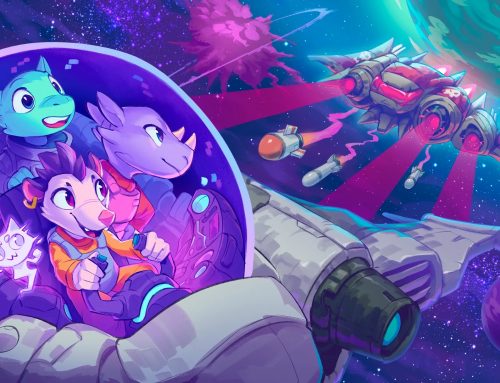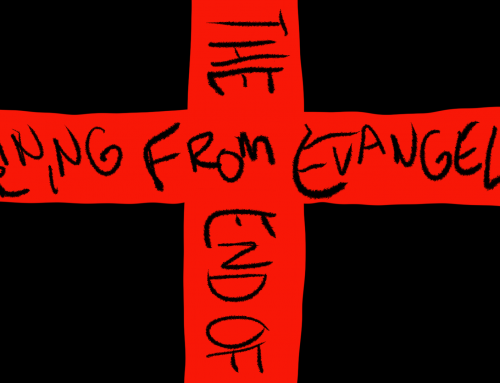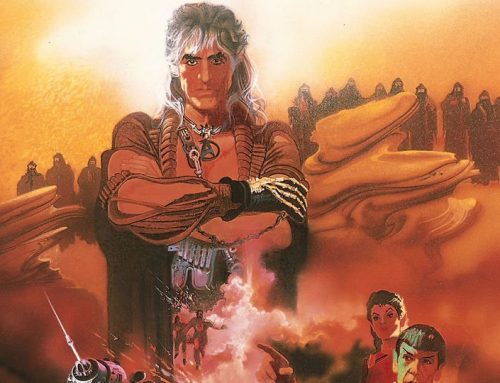New year, and I miss posting blogs, on account that some of them turn out well and I like finding them years later.
I’ll continue to YouTube sporadically; I’m fond especially of New Gods and the silly character I play when I host it. I think, in 2020, blogs will be where I say hopefully helpful things.
I just flew on an airplane, which meant I watched a bunch of stuff I’ve been meaning to. The breakout was Killing Eve, which is a marvelous show that I can’t wait to dig into further. Two episodes in, I’m in love with how the show balances its heightened setting (MI6, assassins, etc.) and the little stuff (slang, bras, everyone is drunk). I thought it’d be a great avenue to dive into a strongly held belief of mine: the little details are what makes genre fiction pop.
Actually, let’s step back a hot second. Here’s the actual master list of stuff I think marinates into strong genre fiction.
- Compelling plot
- Interesting world
- Character arcs that are reflected in the larger action (i.e. Buffy fights a monster that represents grief)
- A theme that shows up all over the place
- Little details that give believability
So we’re talking number five today. And all I’m really saying here is that, if you can give us tactile references in your story, it’ll make your lie feel more real.
Yes, it’s a lie. Stories are lies. But good stories feel real. And if your world is a super-futuristic society where everyone uses space drugs, how the shield belt feels when it’s strapped on is going to really help our brains pretend it’s all real. Our subconscious mind flares up and does pattern recognition calculations by the millions and suddenly we are all super mad when a movie adaptation makes the foldship round instead of like a long cigar.
*I don’t know what the new Dune movie is going to look like, I’m just speculatin’ to make a point.
There’s a bad way to do this, I think. A character needs to have an opinion about how a thing feels or works or looks. Like in improv comedy, ‘slightly pissed off’ is safe and boring. Blasé is arguably worse, because writers have a habit in fantastic settings of doing the following:
- Introduce what they think is wild about their world
- Have a character go ‘ho hum not this again’
- I put the book down and pick up the next one on the pile (it’s really more of a stack)
Please don’t do this in your work. It’s tired. I’m already bored and I haven’t even read it yet. Is there a right way to do this every time? Nope. Just make sure it comes from character. Was just thinking about the opening moments of Horizon: Zero Dawn, which is a not-great title for a very good game. Aloy is a heartbreakingly lovable character, and it’s because of her outcast status and how desperately she wants to belong. Her observations about the robot bobcats in her world are super interesting because I’m way invested in her and I want her to be happy and to solve mysteries.
Maybe the game is to put the pill into the peanut butter? Where the pill is some exposition or lived-in world detail and the peanut butter is character? I don’t know. This stuff is hard.
Anyway, if you haven’t seen Killing Eve yet, you should check it out. I think about what Kylo Ren might have been like if Phoebe Waller-Bridge (and/or Luke Jennings, the novelist) wrote him like she writes Villanelle. She’s a scary villain, made more so by her youth, skill, and sociopathic tendencies.
Bye!




